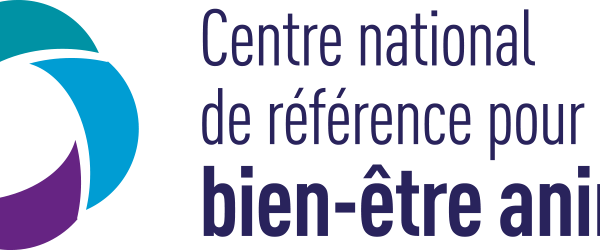Document type : Article published in INRAE's information round-up Sesame
Author : Stéphane Thépot
Preview: A slaughterhouse located in the Arsac industrial zone, at the gates of Rodez (Aveyron), has had to overcome a number of obstacles since the beginning of the year. [...] The sale of Arcadie Sud-Ouest by the Rodez commercial court illustrates the difficulty of finding the right balance to manage the "weak link" in the production chain represented by the meat processing industry, caught between the needs of farmers and the expectations of consumers and closely scrutinised under strengthened health regulations since "mad cow" disease.
Choosing to reject "industrial" rates of production and low-cost logic, the seventy-four breeders of the Limousin region, grouped together in a SAS (Simplified Joint Stock Company), have convinced the local authorities to invest 4.5 million euros in working with them to test out an alternative model in Bourganeuf (Creuse), designed to process only ten or so animals per week from within a radius of fifty kilometres. […]
Following the compulsory liquidation of the Challans (Vendée) slaughterhouse in 2018, a group of 150 farmers formed an association to develop "on-farm" slaughtering, following the modular system used in Germany. Initially supported by a group of organic farmers, the project has now been extended to conventional farms in two departments.
The AALVie (Abattage des Animaux sur leur Lieu de Vie) project is based on a dozen mobile units attached to two cutting rooms located on either side of the Loire River, in Machecoul and Plessé (Loire-Atlantique). A full-scale test of the first unit, built to a design by the association, was carried out on an exceptional basis on a farm between Nantes and Angers, with the consent of the veterinary services and the collaboration of the Chateaubriand abbatoir. A first in France.
Each of the twin projects is valued at 3.5 million euros for 4,500 large cattle per year, or 1,500 tons marketed for its local footprint under the label "Born, raised and slaughtered on the farm". Guylain Pageot, an organic farmer from Villeneuve-en-Retz, who founded the project, hopes to begin the construction of a no-kill "mini abattoir" in Machecoul at the end of 2020, with the mobile units to be commissioned in 2021.




